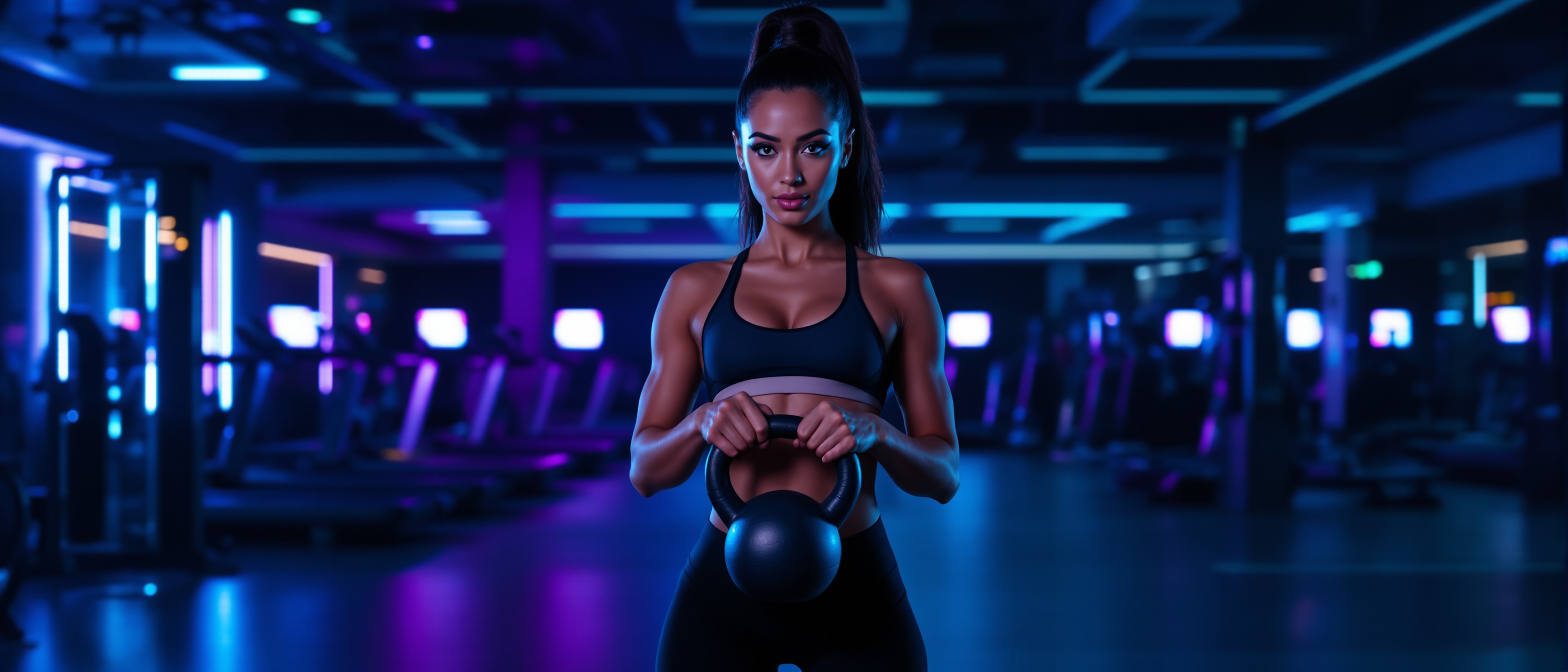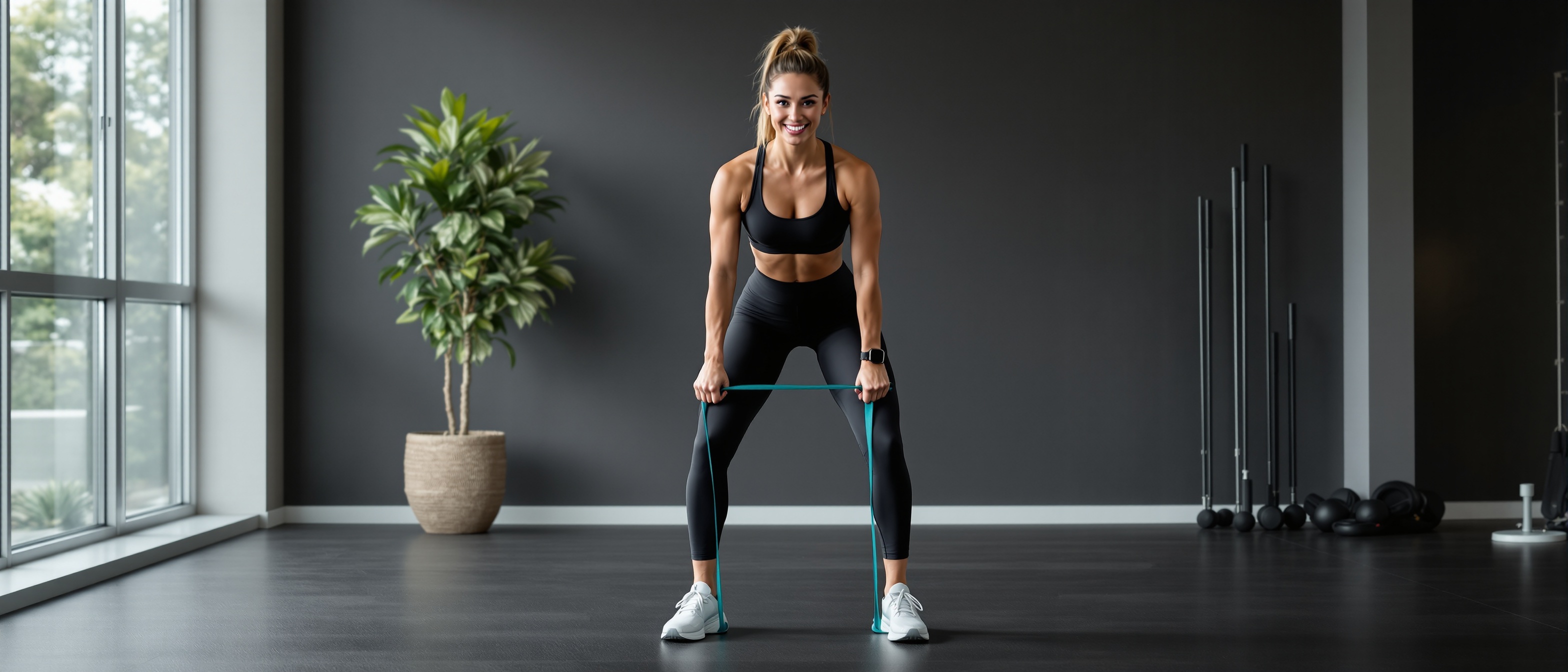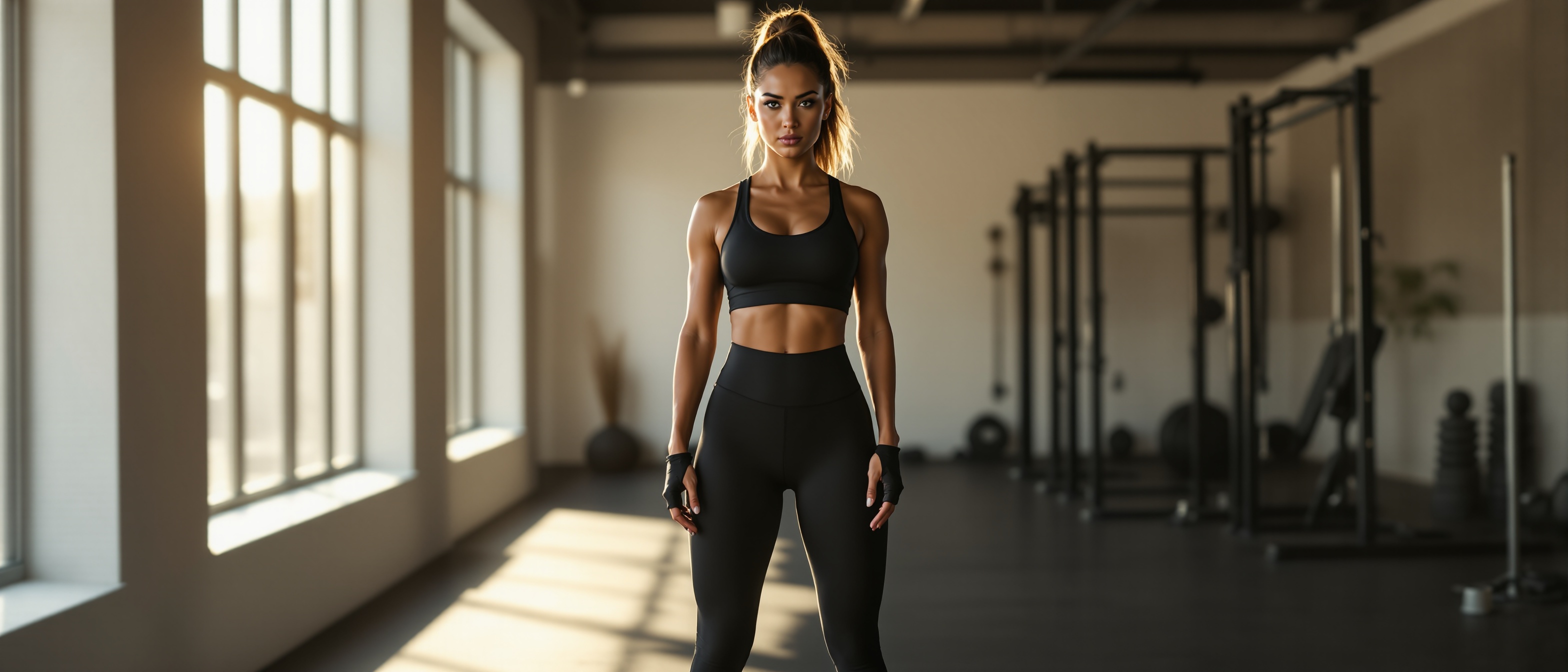The Hidden Truth About 24-Hour Gyms Nobody Talks About
It's 2:47 AM. Most people are deep in REM sleep, but Sarah just finished her deadlifts, grabbed her towel, and headed home. She's not a shift worker, night owl, or insomniac—she's just discovered something that millions are quietly figuring out: 24-hour gyms might be the secret weapon for consistent fitness in our chaotic world.
But here's the question keeping fitness professionals up at night (pun intended): Are these always-open facilities actually better for your gains? Or are we just trading one set of problems for another?
Let me tell you what I found after diving into the data—and talking to people who've made the switch.
The Rise of 24-Hour Gyms
Here's something wild: searches for "24-hour gym near me" have exploded over the past few years. And it's not just because people suddenly love 3 AM bicep curls.
The pandemic rewrote the rulebook on when we work, when we sleep, and when we have time for ourselves. Remote work means some people are crushing spreadsheets at 10 PM and finally free at midnight. Others are squeezing workouts between Zoom calls at 6 AM before the kids wake up.
Traditional gym hours—that classic 5 AM to 10 PM window—suddenly felt… limiting.
But here's where it gets interesting. The rise of 24-hour access isn't just about convenience. It's tapping into something deeper: our desire to control at least one aspect of our unpredictable lives.
"When everything else is chaos, at least I know I can hit the gym whenever I want," one member told me. Sound familiar?
But before you cancel your current membership, let's dig into what really happens when the lights go dim and the staff goes home.
Pros: Flexibility and Habit Formation
The Freedom Factor
Imagine never having to plan your workout around gym hours again. No more rushing to squeeze in a session before closing. No more skipping leg day because you got stuck in a meeting.
That freedom? It's intoxicating.
Here's what I've noticed from talking to 24-hour gym users: they don't just work out more consistently—they work out more intentionally. When you can go anytime, you start choosing the best time for your body and schedule.
Some discover they're morning people who love the 5 AM energy. Others find their sweet spot at 11 PM when the world finally quiets down.
The Habit Hack
But here's the psychology twist that most people miss: 24-hour access doesn't just give you flexibility—it removes excuses.
Think about it. How many times have you skipped the gym because "it's too crowded" or "I don't have time before they close"? Those excuses vanish when the gym is always open.
That psychological shift is huge. When there's always an opportunity to work out, skipping becomes a choice, not a circumstance.
Peak Performance Windows
Here's something fascinating: your body has natural performance peaks throughout the day. Some people genuinely perform better at unconventional hours.
Research shows that core body temperature, hormone levels, and perceived exertion all fluctuate throughout the day. For some people, their strength peak might be at 7 PM. For others, it's 6 AM.
24-hour access lets you experiment and find your optimal training window.
But here's the catch—and it's a big one…
Cons: Safety, Staffing, and Motivation
The Dark Side of Empty Gyms
Let's talk about what nobody wants to discuss: safety.
When you're deadlifting 300 pounds at 2 AM with maybe two other people in a 10,000-square-foot facility, things can go wrong fast. No staff means no immediate help if you get pinned under a barbell or have a medical emergency.
I've heard stories. A guy who got trapped under a bench press at 3 AM and had to wait 20 minutes for another member to notice. A woman who twisted her ankle on a treadmill and had to call 911 herself because there was no staff.
Most 24-hour gyms have security cameras and emergency protocols, but let's be honest—that's not the same as having a trained professional on site.
The Motivation Mystery
Here's something weird about human psychology: sometimes we need other people around to push ourselves.
That busy 6 PM crowd you complain about? It might actually be helping your performance. Research on social facilitation shows we often work harder when others are watching—even strangers.
At 2 AM in an empty gym, that energy disappears. Some people love the zen-like focus. Others find themselves going through the motions, lacking the competitive edge that comes from working out alongside other motivated people.
Equipment Limbo
Without staff around, broken equipment stays broken longer. Weights don't get reracked. Machines don't get wiped down as frequently.
I've walked into 24-hour gyms at off-hours that looked like tornado aftermath. It's not always pretty.
The Discipline Paradox
Here's the twist that changes everything: unlimited access can actually hurt consistency for some people.
When you can go anytime, "anytime" can easily become "never." Without the pressure of limited hours, some people lose the urgency that drove them to the gym in the first place.
It's like having a gym membership on steroids—more opportunity, but also more opportunity to procrastinate.
Who Should Use a 24-Hour Gym?
You're a Perfect Fit If…
You have an unpredictable schedule. Shift workers, parents with chaotic routines, or anyone whose 9-to-5 isn't actually 9-to-5.
You're self-motivated. If you need a trainer's energy or group fitness classes to push yourself, late-night solo sessions might feel flat.
You prefer fewer crowds. Introvert who gets anxious in busy spaces? The peaceful 10 PM atmosphere might be your sweet spot.
You've found your peak performance window. If you've discovered you legitimately perform better at unconventional hours, don't fight your biology.
You Might Want to Reconsider If…
You're new to fitness. Learning proper form without supervision can be dangerous. Start with staffed hours until you're confident.
You need social energy to stay motivated. If other people's energy fuels your workouts, empty gyms will feel deflating.
You live in a questionable area. Safety concerns multiply when facilities are understaffed, especially late at night.
You're easily distracted or procrastinate. Unlimited access can become an excuse to keep pushing workouts to "later."
The Real Answer
Here's the truth most fitness articles won't tell you: 24-hour gyms aren't inherently better or worse than traditional ones.
They're better for specific people with specific needs.
If you're disciplined, safety-conscious, and genuinely benefit from flexible hours, they're game-changers. If you need structure, social energy, and guided support, stick with traditional gyms during staffed hours.
TL;DR: • 24-hour gyms excel at removing schedule conflicts and excuse-making • Safety risks increase during unstaffed hours—know your limits • Social energy and motivation can disappear in empty facilities • Perfect for disciplined, self-motivated people with unpredictable schedules • Not ideal for beginners or those who need external motivation • Flexibility is only valuable if you actually use it consistently
The bottom line? Your best gym is the one you'll actually use consistently, safely, and effectively. Sometimes that's at 6 PM surrounded by the after-work crowd. Sometimes it's at midnight with nothing but your playlist and determination.
The key is knowing which version of yourself shows up—and choosing the environment that brings out your best.
Sources
https://www.terristeffes.com/2025/08/the-top-health-and-fitness-trends.html





